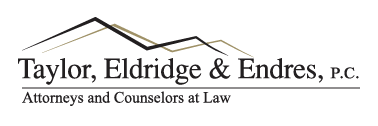What are they? Who can call them, and why?
A Special Meeting is any meeting called for by the Board or the Homeowners for a specific purpose.
Generally, a Special Meeting is used to conduct business that falls outside of routine Board or Annual Meetings. Special Meetings differ from Annual Meetings in a number of ways, but most particularly a Special Meeting can be called by a petition of the Homeowners.
Special Meetings are subject to the same procedures and rules that apply to the Annual Meeting.
Proper Notice pursuant to the rules must be followed and quorum requirements must be fulfilled. If a Special Meeting is not called by the Board Member specified in the rules or by a proper Homeowner Petition, the meeting may be invalid and as a consequence any action taken or voted for may also be invalid. Similarly, if the meeting is properly called for, but the notice of the meeting is not proper, the meeting and actions may be invalid.
The meeting notice should specify the date, time and place of the meeting and the purpose of the meeting. The timing of the notice and how it is delivered to the Homeowners should strictly follow the notice provisions in the Declaration and By-laws.
Making sure the current roster of Homeowners including the proper addresses for notice is crucial to the validity of the meeting.
Common purposes of Special Meetings include:
- The Community is seeking to oust the Board, or a specific Board Member/Officer;
- The Board is looking to oust an officer of the Board. This would be a “Special Board Meeting” as opposed to a community Special Meeting and typically the Board Member remains on the Board but is no longer an Officer of the Board.
- Special Assessments that require Homeowner approval.
- Filling of a Board vacancy by election instead of appointment or waiting for the next Annual Meeting.
- By-law Amendments
- Special Projects
Have a question about Special Meetings or any other community association issue? Contact Laura M. Endres, Esq., Partner, Taylor, Eldridge & Endres, P.C. 631-265-5550.


